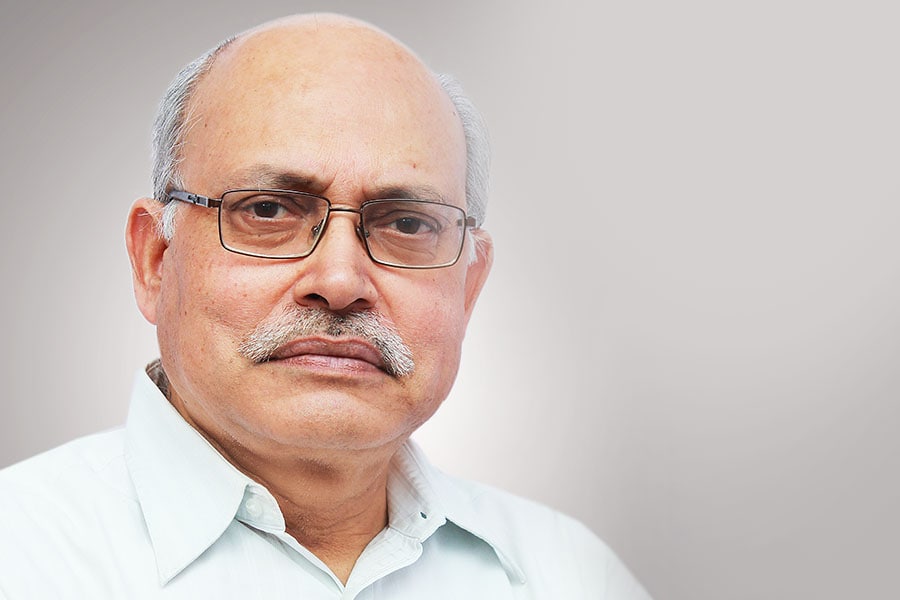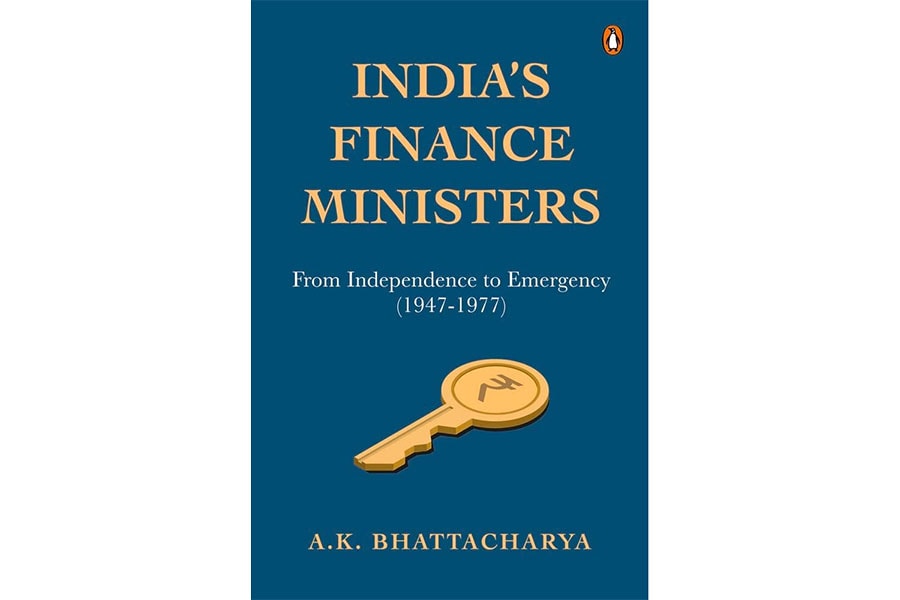
From the Bookshelves: India's economic history told through stories of Finance Ministers
Senior journalist AK Bhattacharya gives a glimpse of how India's earliest finance ministers balanced politics and economic considerations, their relationship with prime ministers, and how his new book can be read in the context of the current political and economic scenario
 AK Bhattacharya, senior journalist, presents a detailed account of the work done by finance ministers in India’s first three decades since Independence
AK Bhattacharya, senior journalist, presents a detailed account of the work done by finance ministers in India’s first three decades since Independence
How did India’s earliest Finance Ministers shape the economic story of the country? In his new book India’s Finance Ministers: From Independence to Emergency (1947-1977), senior journalist AK Bhattacharya presents a detailed account of the work done by finance ministers in India’s first three decades since Independence. In an episode of the podcast From the Bookshelves, he speaks about how finance ministers like RK Shanmukham Chetty, John Matthai, CD Deshmukh, TT Krishnamachari and Morarji Desai balanced economic considerations with politics of their time, what is the difference between a politician becoming a finance minister versus an economist or professional, why political ideologies may often overpower economic considerations, and how this book can be read in the context of the current political and economic scenario of the country. Edited excerpts:
Q: In your long career as a business journalist, which finance minister has impressed you the most?
At this point, I think the finance minister who excited me the most is undoubtedly Manmohan Singh. And not just because he has probably done the most in the shortest time for the Indian economy, in terms of bailing the Indian economy out of the twin crises of a balance of payment problem and the fiscal discipline issue, but also because I have had the privilege of covering his tenure as a finance minister as an economic journalist.
Q: One thing that stands out in your book is how the finance minister has to operate within the realm of politics and also keep economic sensibilities in mind. And the two might not always align. So how, in your opinion, have different finance ministers managed to strike that balance?
This has been a very difficult balance to strike because finance ministers come into the job with their own economic and political ideologies. But they soon realise that they have to work within the political and economic framework that is decided by the prime minister. So what you see in this volume—I've covered thirty years between 1947 and 1977—is the finance ministers struggling to deal with what their prime ministers want. As a matter of fact, there have been finance ministers in this volume who have had to pay the price of losing their job because either they did not live up to the expectations of the prime minister, or they did not see eye to eye on a few important economic policy issues.








